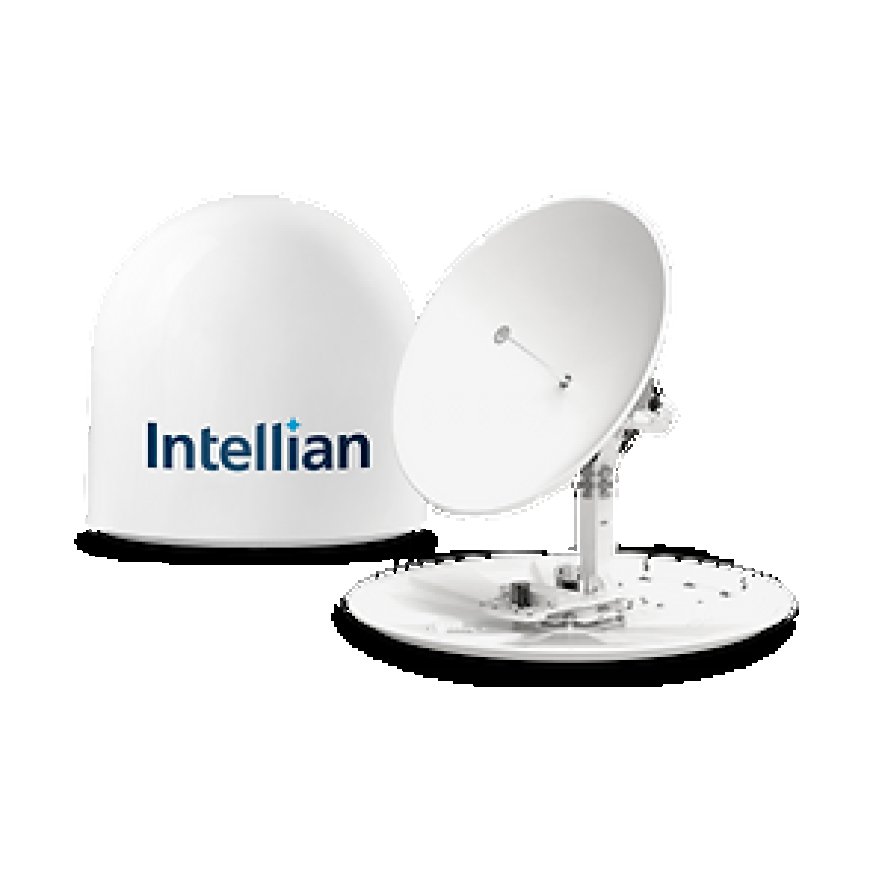Key Benefits of Integrated Bridge Systems and Navigation Solutions
Integrated Bridge Systems and Navigation Solutions serve as a backbone for today’s maritime advancements

Modern maritime navigation has evolved dramatically from traditional compass-based guidance to sophisticated digital systems that redefine how vessels operate. The marine industry today requires not just accuracy but also agility and real-time adaptability for safe and efficient operations. New-age navigation technology is essential for vessels to manage complex waterways, optimize routes, and reduce the risk of human error. As global shipping and transport networks expand, the demand for reliable systems that support seamless vessel movement has never been more critical.
Integrated Bridge Systems and Navigation Solutions serve as a backbone for today’s maritime advancements. By combining multiple navigation tools into a centralized system, these solutions help vessels navigate with greater precision, enabling crews to respond swiftly to changes in weather or traffic. These systems bring together radar, autopilot, electronic charts, and other vital information sources, allowing a holistic view that improves situational awareness. As the backbone of modern fleets, they allow ships to function more efficiently, meeting the evolving demands of global marine operations.
Advantages of Integrated Bridge Systems for Modern Maritime Operations
Improved Decision-Making
Centralizing navigation information streamlines how crew members access critical data, which significantly enhances decision-making. With key details from various sources in one place, the crew can assess situations quickly and accurately. This setup reduces reaction time during changes in route or weather, enabling them to make informed choices faster, which is essential for maintaining safety and efficiency on the water.
Operational Efficiency
Integrated Bridge Systems boost operational efficiency by simplifying ship controls and automating routine tasks. This integration minimizes manual input, which reduces the chance of human errors and allows crew members to focus on essential operations. By streamlining tasks like route planning, navigation, and monitoring, these systems help ships operate smoothly, save time, and reduce overall operational costs, making them highly efficient in modern marine settings.
Cybersecurity
Advanced Integrated Bridge Systems (IBS) include robust security features designed to protect vessels from cyber threats. With the growing reliance on digital navigation tools, these systems ensure that critical data and operations remain secure from unauthorized access. By implementing encryption, firewalls, and real-time monitoring, IBS can detect and mitigate potential cyberattacks, safeguarding both the vessel’s systems and its crew from cyber-related risks.
Integrated Bridge Systems and Navigation Solutions offer a significant advantage to the maritime industry by improving safety, efficiency, and security. These systems enable smoother operations by centralizing navigation tools, enhancing decision-making, and providing protection against potential cyber threats. As technology advances, the importance of these systems will only grow. To stay ahead in maritime operations, it’s essential to explore and implement these innovative solutions.
